In 2011, I moved to Ecuador with my mother and sister. We spent the first month in the town of Atuntaqui, in the north of the country, near Otavalo. I can’t remember all the details as to why we decided it wasn’t the place for us (too much dog poop maybe), but prominent in my mind is the memory of seeing a coffin — corpse and all — being burned in the middle of the street one day. It was explained to me that the family had not paid the cemetery bill and, space being limited, the cemetery owners decided to burn the body and coffin in the street. Soon after that we looked at nearby Cotacachi, which by comparison was much nicer and cleaner, but ultimately decided we did not want to be in an expat-filled city. We wanted to be immersed in the local culture and learn Spanish.
We eventually came upon Pintag, a quaint town about an hour outside of Quito. There were no other gringos in sight, and we met some nice people, so we decided to give it a go.
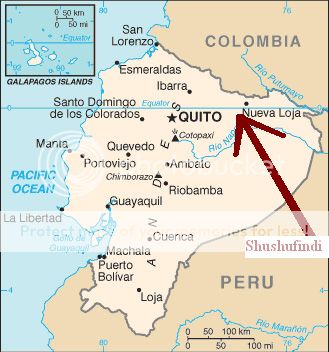
Although the trip from Quito is usually less than 9 hours, it took me
2 days to get there. A landslide had covered the road and left my bus stranded in the same spot for more than a day. What a joy that was. No toilet paper, no bathrooms, no privacy, and unimaginable heat the whole time. I remember vividly that not one person complained. If I were in a bus in the U.S. there would probably have been some sort of a riot.
Ecuador is a great teacher of patience. After arriving at my final destination, I was in need of a shower and, more pressingly, a toilet.
As it turned out I was not being put up by my friend’s son, but rather by a family that he was friends with. They were very humble and very poor. The house was basically a wooden frame over a concrete slab – more like what I would call a shanty. Their bathroom was unlike anything I had ever seen; imagine the house as a square, and right in the middle of the square is the bathroom. It had very thin wood walls that only went three or four feet up. The bathroom was right next to the living room where everyone was sitting. It was, in fact, the center of attention for the entire house.
The house was already so small that you could hear everything as it was. Add to this fact that the bathroom was basically wall-less and you can imagine the stressful situation I was in. The entire family was sitting right next to the bathroom, not talking or making a sound. The loud Ecuadorian music that I have come to detest over the years was now the one thing I was praying for. On the inside there was no functioning toilet; it was more like a hole in the ground with a porcelain veneer, and of course there was no running water. I was given a large bucket of water to bathe with and that was it. “How do I flush the toilet?” I wondered. Where was the toilet paper? How could they have a flat screen TV and no toilet paper? These are questions that continue to haunt me to this very day. So there I was, surrounded by a family of 4 (whom I did not know from Adam) who can basically see me in my birthday suit if they so much as look to the left an inch – and they could hear everything. Needless to say, I will never forget that family, and, I can imagine, they will never forget me.
(adsbygoogle = window.adsbygoogle || []).push({});
After several days in the lower altitude I began to feel much better. I was definitely suffering from altitude sickness in Pintag. I soon decided to return to the mountains and make preparations to move to the coast permanently. I thanked my hosts and departed on a night bus to Quito. The bus entered the mountains sometime around 2:00 a.m., and it started to get cool in the bus. The bus driver must have decided he was behind schedule and what was the rather easy going ride through the jungle had now turned into a circus act and roller coaster ride. The driver was drinking, smoking and decided to start blasting music from the 80’s. As the bus began to ascend higher and higher, I began to feel strange and began to get severe chest pains. I could not breathe, and I started losing my vision. I ended up passed out. When I awoke, I was freaking out. I was sure I was going to die. I worked up the nerve to go up front and asked the driver to let me out. I remember him asking me if I was aware we were in the middle of nowhere. I said, “Yes. Please stop the bus or I am going to die.” He pulled over, took out my suitcase, and left me on the side of the road. I moved my suitcase over a few feet, laid down on the pavement and slept until dawn.
When I woke up I still felt bad but the chest pains and temporary blindness had gone. Now, I had to make the choice of going on, or going back. I was terrified of going on so I decided to just go back. I got a ride to the next town ahead which was El Chaco, and from there went back to Shushufindi.
After explaining my situation, I was invited back to stay with my new family in the shack. The father, Mr. J., worked as an English teacher. Not surprising to many who have lived here in Ecuador, Mr. J. spoke literally NO ENGLISH! Several days after my return Mr. J. informed me that he helped feed his family by hunting wild pigs in the jungle and wanted to know if I would like to go with him. It sounded really interesting. I had always wanted to actually go into the jungle and see what it was like. What could go wrong?
Now let me say at this point, I went along as an observer. I did not know the legality of what he was doing. I did not know where we were going. In fact I was not sure if we were even going hunting in Ecuador. Due to our proximity to Columbia, I imagined we could have ended up anywhere. I was shown an area on a map that included Ecuador and Columbia and was told we are going there.
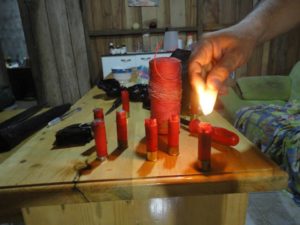
After all was prepared we headed out on his motorcycle. He had to bring the guns for himself and his buddy, and since he was driving it was left up to me to carry them. I am sure it looked quite comical. A little Ecuadorian man driving a motor scooter with a 6-foot-tall, 240 pound Gringo hugging him with shotguns spewing from both of his sides like some kind of samurai redneck hybrid. I was also given a pair of rubber boots to wear that were 3 sizes too small. A fact which I would later come to regret. Horribly.
After an hour or so riding in the rain we arrived at our destination – the house of Mr. J’s friend, Mr. O. Mr. O was a communist guerrilla with the Columbian FARC rebels in his youth. He quit the group because, according to him, it was all about drugs and nothing about freedom. He was now earning a living by growing palm oil trees. He also used hunting as a means of supplementing his diet on a very limited income. After eating a little breakfast at Mr. O’s house we got into his truck and Mr. O’s wife drove us out even further into the jungle and dropped us off. Sometime around 7:00 a.m. we began our 3-day trek into the jungle.

We walked 12 hours straight. The entire time we followed trails made by the FARC or the local Indians and sometimes trails made by gas explorations teams. Late that night we made camp. The guys brought just one VERY SMALL tent. All 3 of us crammed into it and slept. I was in the middle. I told them I felt like a Gringo sandwich with Pan Ecuatoriana.
T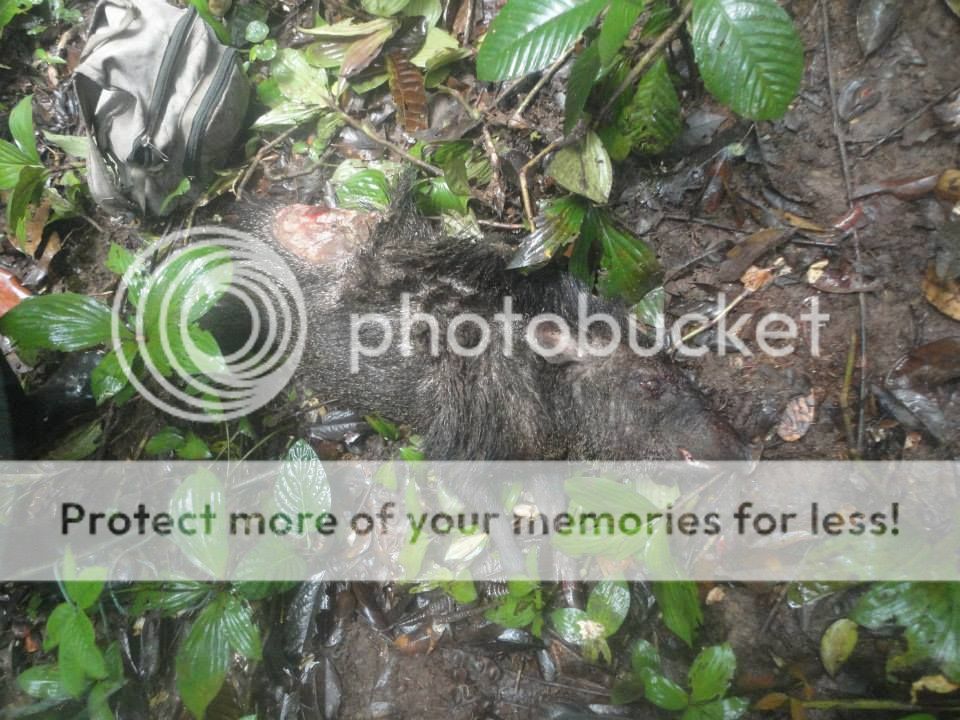
They initially gave it to me to carry, but that only lasted a few hours. Since I had been wet the entire time, and had boots way too small for me, I was chaffed from head to toe. I was literally bleeding all over my body. My feet were bloody and my inner thighs were even worse. As the day went on, the pain got worse and worse. The combination of the heat, pain, and dehydration from sweating for 3 days straight left me at the point of total exhaustion and near collapse. I had to take off my clothes several times and just lay naked in the rivers that we crossed. I knew there were scary fish in the water, especially those that are known to swim up one’s privates. I knew there could be snakes, and there were string rays. I just could not go on without the frequent breaks and relief of the water.
(adsbygoogle = window.adsbygoogle || []).push({});
Sometime that afternoon we began to hear a sound. As it got closer and louder we realized it was a helicopter. This is when things got fun. I could barely walk at this point, and the guys started running as fast as they could. Trying to keep up, I asked why they were running. Who is the helicopter looking for? They said “For us!”
Now, as luck would have it, we had just entered a section of woods that was pure swamp. The jungle floor was thick with mud. With every other step my boots were coming off my feet and sticking in the mud. It was like trying to run with 100 pound bags on each leg. Needless to say, I was soon separated from my companions. I had no idea where they were. I just decided to lay down under some bushes and wait until the helicopter had gone, which it eventually did. I then slowly began walking forward and following the holes in the mud left by my companions in an attempt to catch up with them. They had only advanced a little further before realizing they had lost me and were waiting on a trail just a little ways ahead. It was at this point that I realized the true danger we were in. Before I could ask them why the helicopter would have been looking for us, we stumbled across a large and conspicuous sign placed on a tree. It said:
Ancestral Territory of the Comuna “Cofan Dureno” Entering a control and surveillance zone

After many more hours of walking into the dark night, we could see ahead some light gleaming into the jungle canopy. It was the road we had come in on! At that point I was about 15 to 20 minutes from total collapse. I had to hold on to trees and my friends to continue walking. There was no skin left on parts of my legs and my toes. As I was just about to enter the lighted area, and hope was dawning in my heart, the worst pain I have ever experienced overwhelmed my entire body. I literally had one foot still in the jungle and another on the road, and I had placed my hand on a banana tree to stabilize myself.
And it was as if the jungle had taken a parting shot at me; it had thrown everything it had at me, but had saved the best for last. It was the worst pain I had ever felt in my life. It turns out that, as I placed my hand on the tree, I had inadvertently placed it over a Conga (a.k.a. Bullet Ant) as well. (Feel free to look up on Google under “bullet ant, most painful sting of any insect”. You will find a plethora of stories from Amazon adventurers describing what I can truthfully say was the most excruciating pain I have ever felt.) After being stung I had just enough time to react by moving my other foot out of the jungle before I collapsed on the road.
I again found myself laying on an Ecuadorian road, in the middle of nowhere, feeling like I was dying. It felt like this was becoming a theme for me. After an hour or so, Mr. O’s wife showed up to take us home. I spent the next few days in bed in considerable agony.
The last and most enduring experience came after a few days of rest. Mr. J had to go run some errands and asked if I would like to go with him. Since I was feeling better and was eager to get out of his house I volunteered to go out with him on his bike one last time. He purchased some groceries and then we went to pick up my laundry he had taken to a family friend’s Laundromat.
As we were waiting for my clothes to be folded, Mr. J was chatting up the owner. Sometime during that conversation the owner’s daughter came out from the back and started working. She was tall, leggy and thin. I was smitten. I kept prolonging the conversation between my friend and the owner by asking questions. Now after a while, Mr. J caught on to what I was up to. He looked at me and winked, then invited the cute girl and her family over to eat some of the smoked wild pig we still had left. And so, one smoked pig dinner and one year later, I was married to the Laundromat owner’s daughter. That, however, is another story.

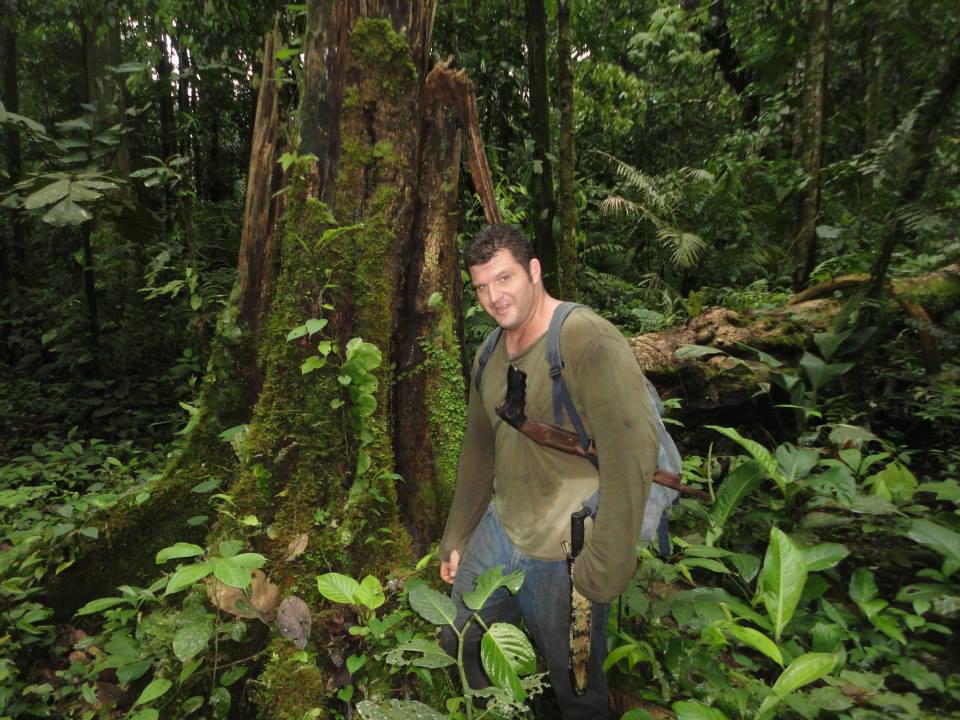




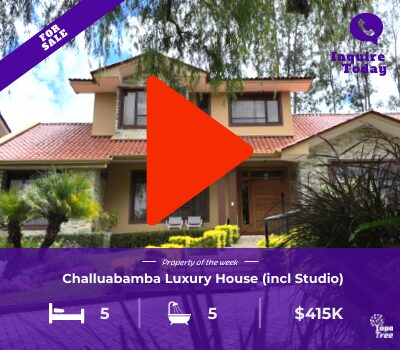





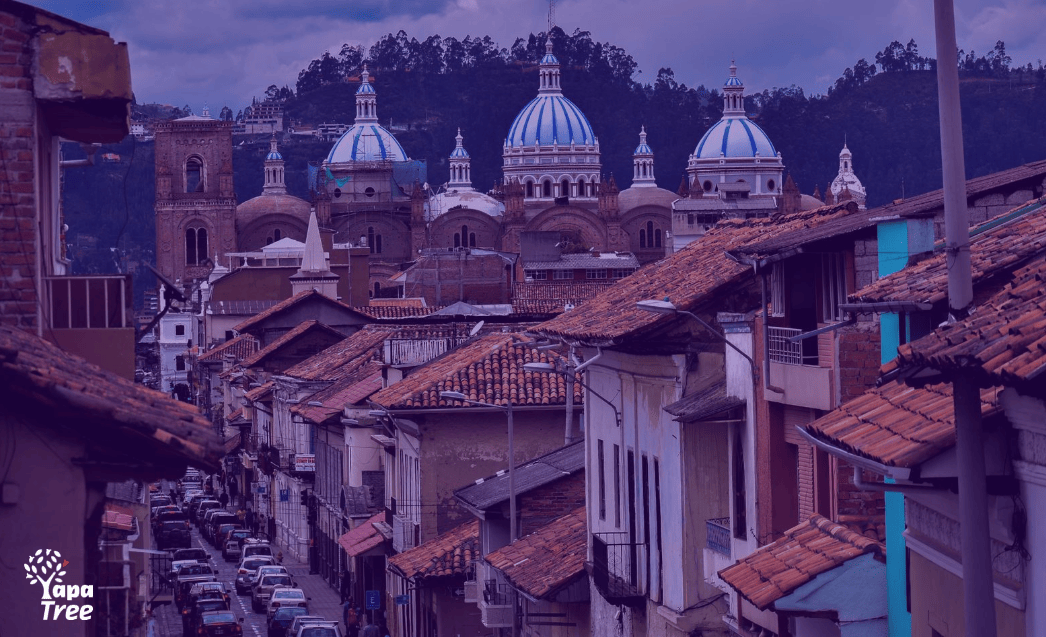
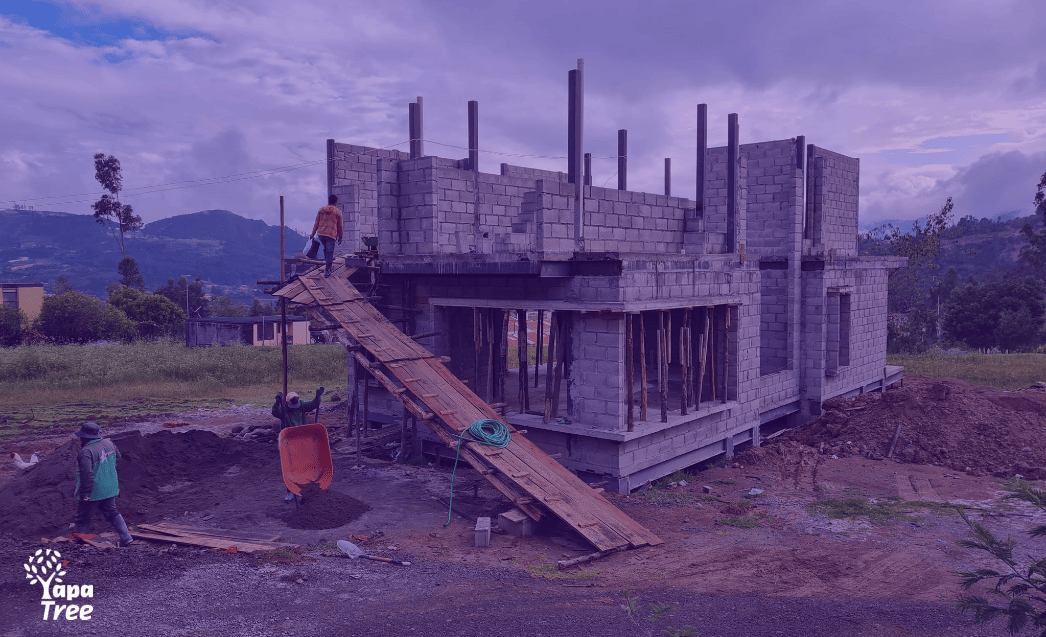
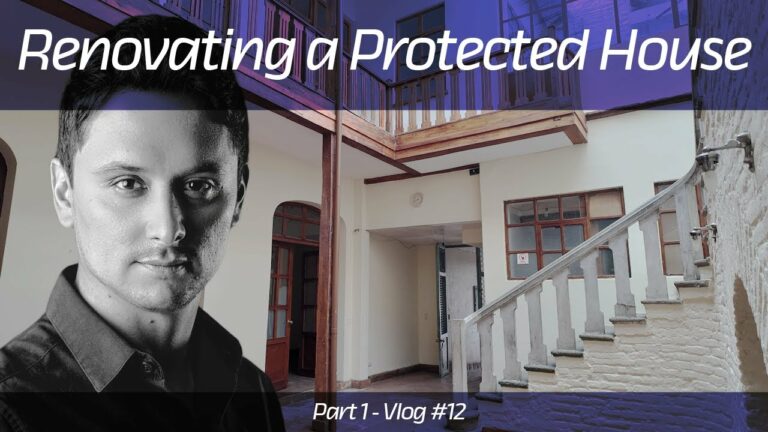
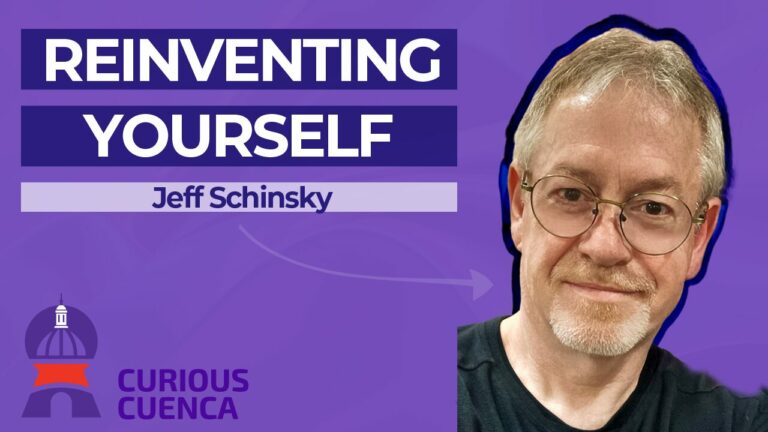
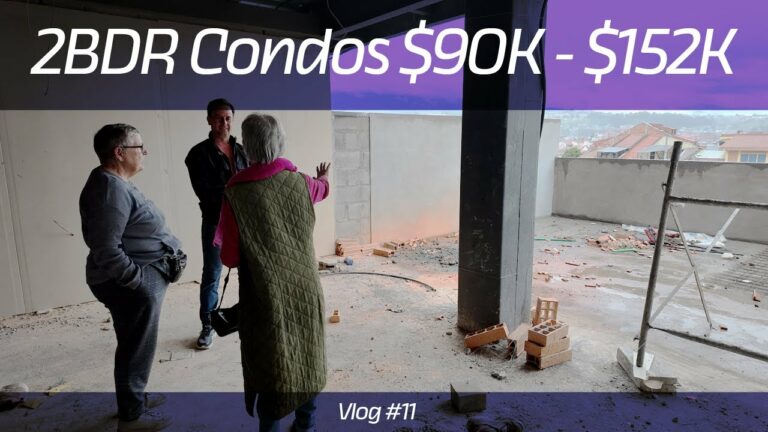
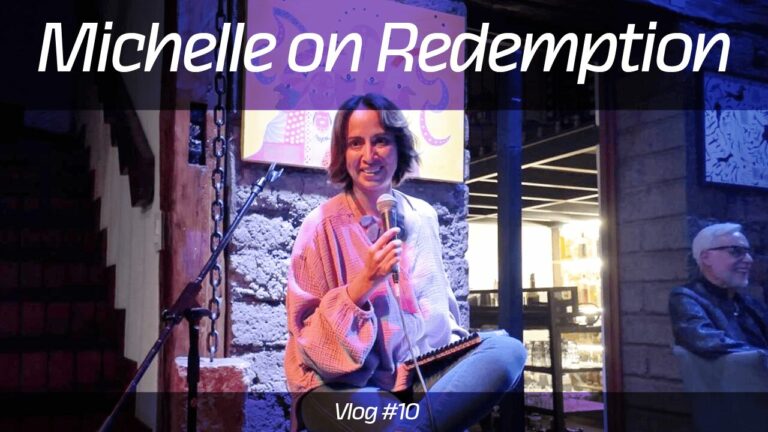
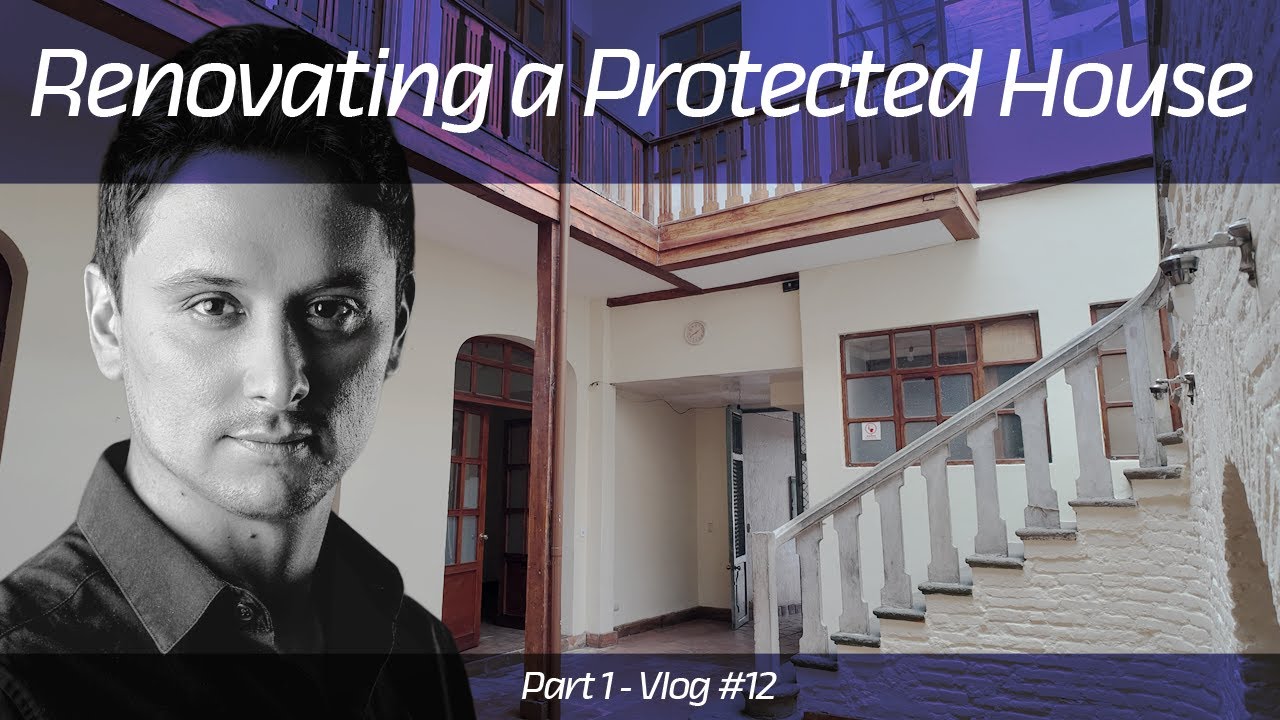
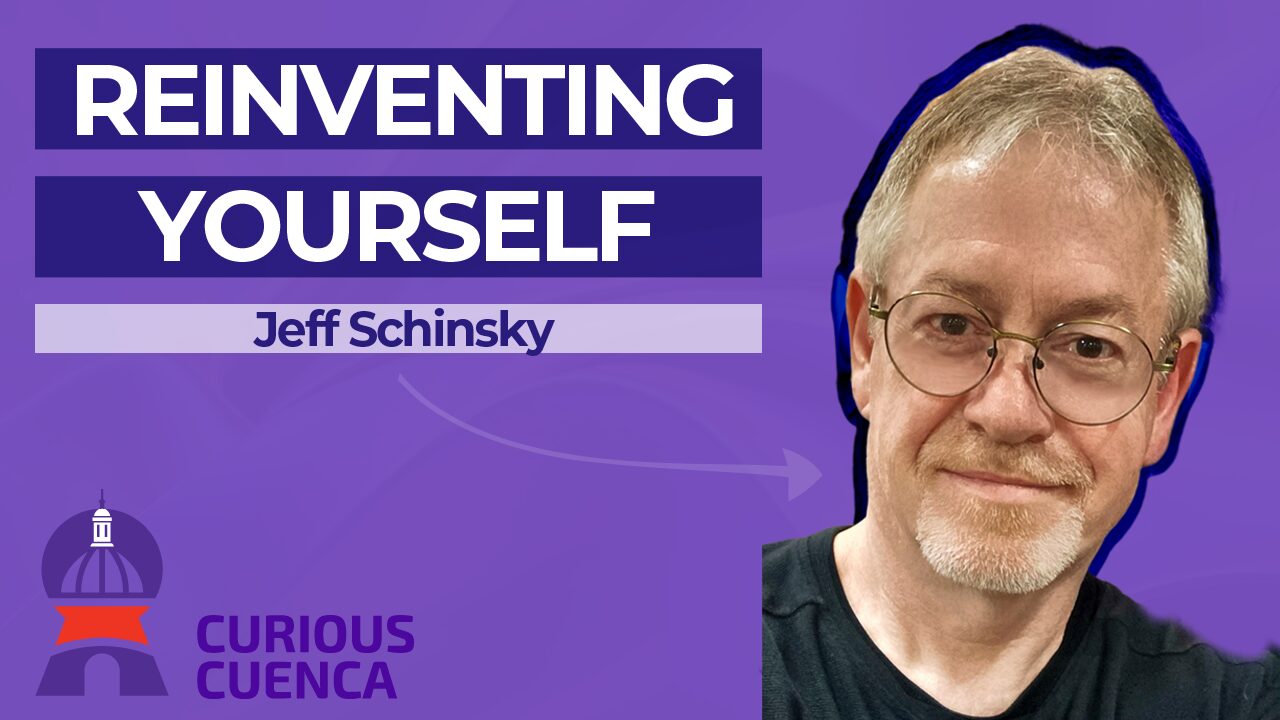
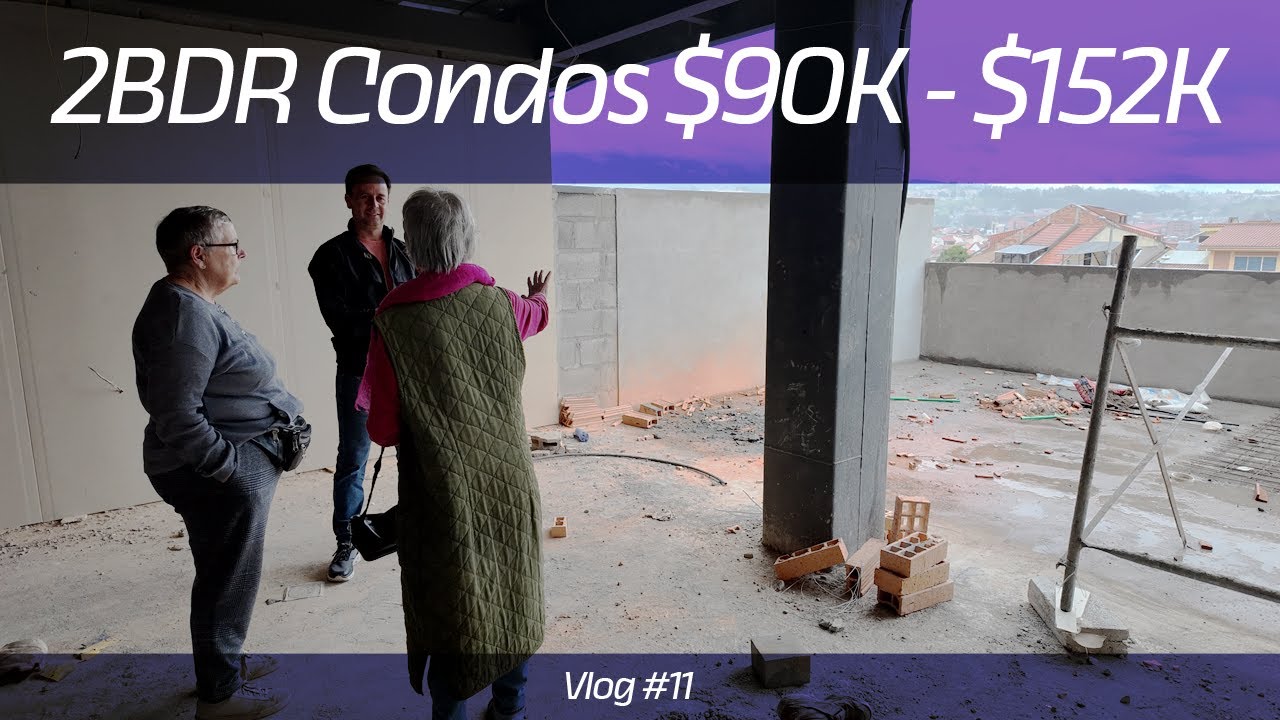
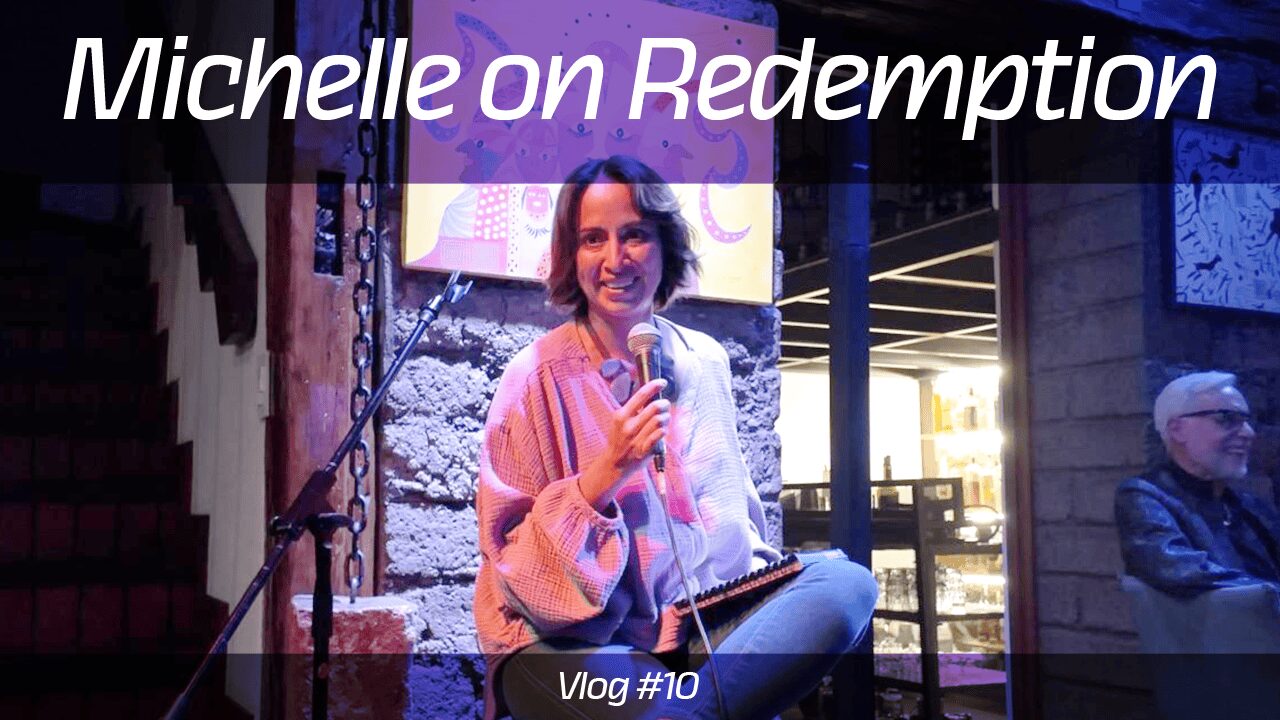
3 Responses
Fascinating. Thanks.
Loved your tale! Perhaps a bat tour is in my future.
good story, hilarious writing.